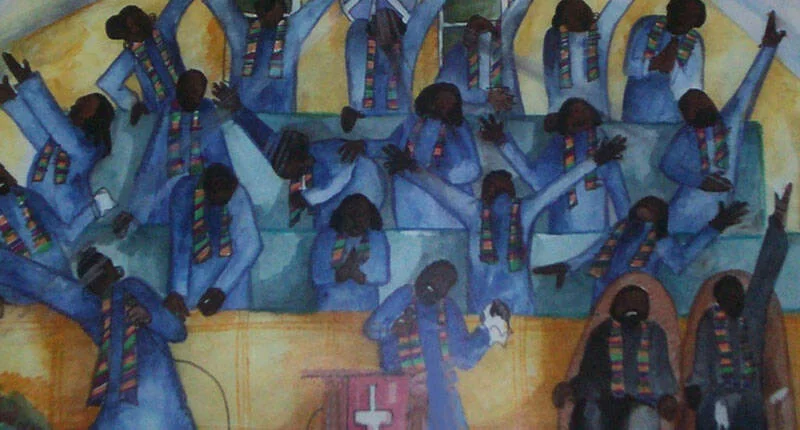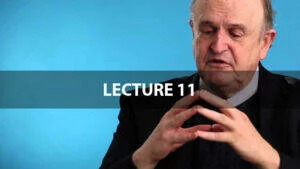The Lord Jesus Christ is the ultimate provider and dispenser of grace, whether it be dispensed in such a way as to provide salvation particularly, or equipping, generally. Jubilee is a powerful symbol of restoration and facilitation of human flourishing carried out in such a way that prioritizes (at least for the truly faithful) the empowerment of others.
So delicate are the conditions that contribute to an environment of restoration, flourishing, and mutual other-person orientation before God, I wanted to suggest some thoughts on how such conditions may arise and may be maintained. I see the Church as absolutely Hope in God was acknowledged, but the focus was expressed in terms of being vigilant, informed, and educated on public policy.critical for any hope of needed balance. I would like to begin this exploration with a reference to a recent Black church leadership gathering.
On May 8, 2015, I had the privilege of attending a day-long conference at Princeton Theological Seminary. It was coordinated by the Black Church Studies department and was entitled: “The Black Church as Business: The Rise of a Corporate & Political Model.” Eight people made up of pastors, scholars, and community activists comprised the panels.
The primary themes discussed had much to do with the nature of effective leadership in the Black church and the potential for partnerships between the government and the Black church. Discussion was fervent, though always respectful. There were three questions that I formulated during the conference, the first question I had opportunity to voice during a morning session, though I could not follow up with further exploration. For the sake of the hope of channeling Jubilee practices in light of this setting, I will identify those questions:
1. What is the Black Church?
What is the black church? Is it a monolithic entity? What is its relationship to the historic community confessing faith for salvation through the Lord Jesus Christ? What are its distinctives in the midst of numerous racial, ethnic, and social expressions of faith? What is the Black church’s mission in the present? Why is the mission conceived in the way that it is? Is there need for correction? What are the consulting voices needed to determine transformative mission if it is required?
2. What is justice?
What is justice? This was a term used rather frequently, but the question remains: does everyone mean the same thing? How is justice conceived? What would it look like in present sociocultural conditions? Is there a form of government, or a form of economic policy, that would best insure a healthy journey towards justice? Is it only a matter of the formulation and the proper execution of law that will bring about justice?
3. What makes a person or a people great?
What makes a person, or a people great? There was so much attention during the discussions directed toward vigilance, information, and education to evaluate the workings of social institutions. It almost seemed that hope in God was acknowledged, but concurrently, the stronger focus of hope was expressed in terms of being vigilant, informed, and educated on public policy. I have always believed that education is fundamental for a person, or a people’s development. However, what makes a person, or a people revered and viewed as indispensable for the health of a community? What is the church’s role in contributing to the development of great persons? I would never think in terms of replacing the Lord, Himself, but more in terms of building people who commit themselves to manifesting His character.
I will offer some further thoughts on the matter of the Church as a channel of Jubilee in future discussions, Lord willing. I will not be drawing only from reflections on the Black church. I am interested most in possible points of application to the Church of Jesus Christ in all its racial, ethnic, and sociocultural manifestations.







Comments
Be the first one to make a comment!